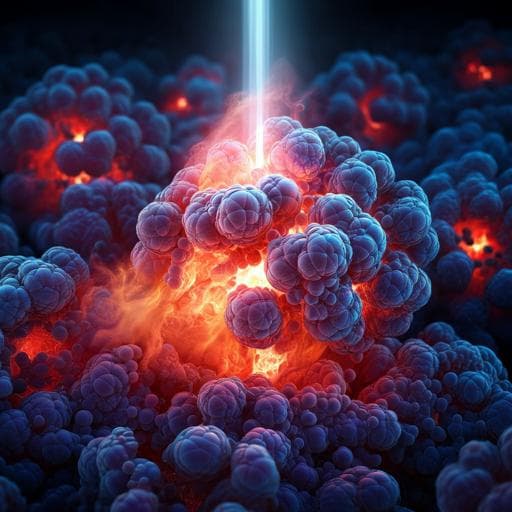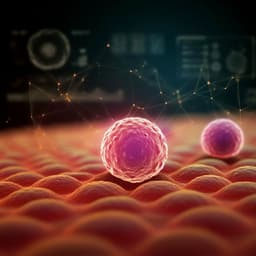
Chemistry
Accelerating the prediction of CO2 capture at low partial pressures in metal-organic frameworks using new machine learning descriptors
I. B. Orhan, T. C. Le, et al.
This research conducted by Ibrahim B. Orhan, Tu C. Le, Ravichandar Babarao, and Aaron W. Thornton introduces innovative machine learning techniques to efficiently screen metal-organic frameworks for CO2 capture, significantly optimizing computation time and maintaining effective performance for direct air capture applications.
Related Publications
Explore these studies to deepen your understanding of the subject.







